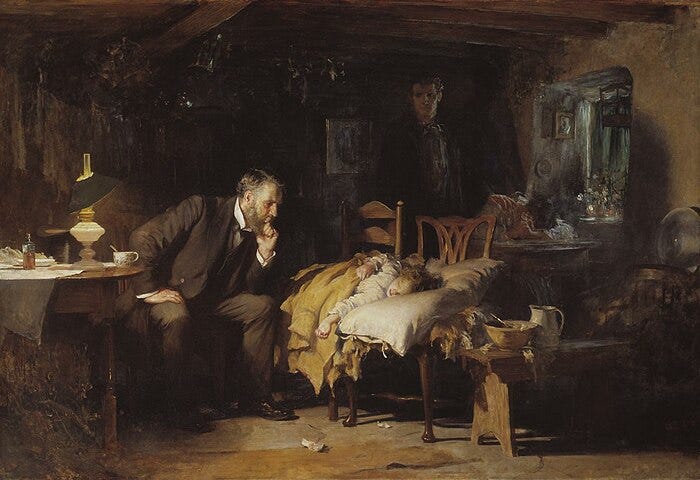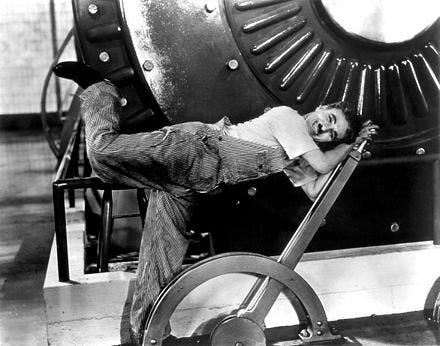A few nights ago, I couldn’t sleep. I woke up exhausted and late and had to rush to prepare for an early morning errand. I was consumed by self-loathing because I had overslept. My wife volunteered to do the errand for me. I snarled at her.
Which was insane. She was being generous and, more importantly, responsible. Drowsy people on pain medications should not drive.
I’m a cancer patient, and I need a lot of care. But I’m often reactive when people try to give it to me. Why?
I’m reactive because the illness diminishes my capabilities. I don’t want to admit this or allow others to see I am weak. When someone offers help, it reveals that they see I need help. Maybe they also recognize that I am denying my condition. Then, I suspect, they think less of me for being in denial.
This series of thoughts is ridiculous. My wife was trying to help. Nothing else matters.
Shame about dependence may be insane, but that’s our culture. In America, you are worth what the market says you are worth, and Canada’s not much better. If you aren’t productive, what’s your excuse? We believe that when you become dependent, you lose your dignity.
Before discussing this, let’s take the case of fake dependence off the table. Some people malinger, for example, by falsely claiming disability to collect social security benefits. The wrong here is that the fraud misrepresents their condition. There are also young men playing video games in their parents’ basements. What’s wrong isn’t that the young man is unproductive; it’s that he exploits his parents’ devotion. In what follows, I’m talking about people who are genuinely ill. It’s unfair to stigmatize them because others cheat.
Why do people experience a loss of dignity when they become dependent? The principal reason is that even if nothing is wrong with a genuine need for care, they believe there is nothing good about such a life. If the culture values only action and achievement, becoming dependent means your life lacks value.
Most of us value the role of caregiving. Doctors, nurses, and parents have valued social roles. Acts of care contribute to the good in the world; they shine light in the darkness of suffering. But the caregiver is not the only one bringing light. Every act of care requires both a giver and a receiver. Some of the good in caregiving is due to the receiver because how the care is received matters.
How do you receive care well? Patients contribute by receiving care gracefully. One way to be graceful is to be patient; particularly in Canada, being a patient involves so much waiting. (For me, the prodigal son’s father—see the Rembrandt above—is the paradigm of waiting patiently.) A patient can also be cooperative, doing what they can to make things go efficiently, for example, by being punctual for appointments, adhering to treatment protocols, and being detailed and forthcoming in discussions about their health.
Cooperation between patients and caregivers can’t be taken for granted. Angry patients are a serious and growing problem. A 2018 survey by the American College of Emergency Physicians and the Emergency Nurses Association found that 70% of emergency nurses and 47% of emergency physicians reported being assaulted. Another survey reported that nearly 85% of emergency physicians believed the rate of violence has increased, with 45% stating it has greatly increased. Being cooperative makes a difference in your caregiver’s life, and that benefits the next patient the caregiver sees.
Finally, you can behave lovingly toward caregivers, as you can toward anyone in any situation. I don’t mean you should seek an ongoing relationship or intimacy from a caregiver. As you can with any neighbour, you can express respect, sincere concern for the other’s well-being, and gratitude for their efforts.
Someone might object, “Are you saying that a patient should get credit just for being courteous?”
I don’t think this objection appreciates the difficulty of following medical instructions and showing consideration for caregivers. Cancer patients are often tired, in pain, and fearing death. Seeing things from the caregiver’s point of view is a big ask.
When you have cancer, being a patient isn’t something that happens only in a clinic or hospital. You’re always taking care of yourself and helping others take care of you. You must learn to gracefully accept this and let others care for you when appropriate.
Valuing productivity over everything else is insane. Pope St. John Paul II said, “Work is for man, not man for work.” A good life is built on love relationships, not just market relationships. There are many unproductive people in my life whom I deeply value. I think first of children, who shouldn’t be productive, and dogs, who are profoundly unproductive. You may be dependent, but you can illuminate the world.
This post was inspired by W. H. Vanstone’s book, The Stature of Waiting, a gift from reader Louis Kim. Thank you, Louis.









Thank you for this lovely and compassionate essay, Bill!
Bill - thanks for the thought provoking essays. I was diagnosed with Fibromyalgia thirty years ago. During one of my first visits to a massage therapist I kind of freaked out when she began carefully massaging my feet. I think that I felt that I was not worthy, or that it was too much to ask of a person that they attend to my feet (in the background may have been a vague recollection of the story of Jesus humbling himself by washing his disciples feet). Oddly I had to teach myself to accept the kind attention of these caregivers, the only ones who could offer me any kind of help, even though I was paying them their stipulated fee. I have also had to deal with my reduced "productivity", which has been easier as my coevals have retired - now I can just say I'm "retired"! "Enjoy every sandwich" (Warren Zevon).